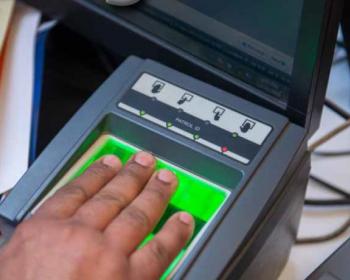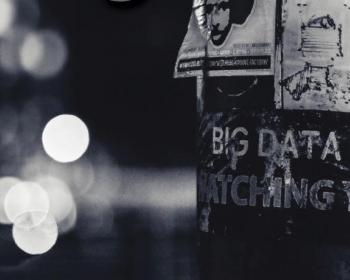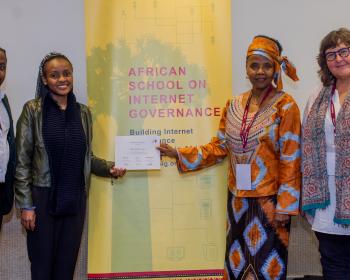data
This issue of Digital Rights Southern Africa makes clear that there is no or slow commensurate roll-out of measures to ensure that biometric data collection and processing systems are secure and to the actual benefit of the societies in which they are being implemented.
This article explores whether e-government in Botswana ensures privacy and protects personal data. E-government collects personal information, which if mishandled, might pose a threat to democracy.
The second issue of the online digest Southern Africa Digital Rights serves to spotlight that privacy and data protections remain and will continue to remain areas that civil society in the region must continue to monitor and address.
What this edition of Southern Africa Digital Rights serves to spotlight is that privacy and data protections remain and will continue to remain areas that civil society in the region must continue to monitor and address.
Despite numerous intensive data journalism fellowships and workshops in the past, Linda Ngari says she had an an "eye-opening experience" at the African School on Internet Governance (AfriSiG) on a topic often left out in the practice and training of data journalism: data governance.
Algorithm bias manifests itself in unique ways every single day, affecting people of colour. Fungai Machirori explores how big tech corporations misidentify renowned Black women - error that continues to exist despite various alarms around the said bias.
Southern Africa Digital Rights is an online publication produced under the project "The African Declaration on Internet Rights and Freedoms: Fostering a human rights-centred approach to privacy, data protection and access to the internet in Southern Africa".









